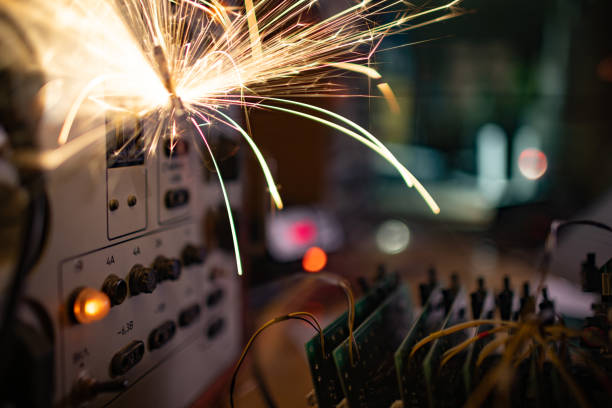Keith_W
Major Contributor
I did not read through the 29 page thread. But if someone hasn't mentioned it yet - the tolerances for tube manufacturing are not the same as any other electronic component. This is because they are by nature more difficult to manufacture, and it is more expensive to discard the tube if it is out of tolerance. So tube amps are designed to compensate for a the inconsistent performance of tubes.
A friend of mine who repairs valve amps and has a tube tester once told me that he has never found a pair of so-called "matched tubes" to be exactly matched. Tubes that come out of one manufacturer might have different tolerances to another manufacturer, and they might have different interpretations of the standard. All that matters is electrical performance of the tube and how closely it matches the standard which the amplifier was designed to meet.
His conclusion: hearing differences with tube rolling is real. Even changing tubes from the same manufacturer can result in measurable and potentially audible differences. However, spending money to buy expensive tubes is not worth it, unless the extra money buys you tighter tolerances and better build quality and not better mystique and better marketing.
A friend of mine who repairs valve amps and has a tube tester once told me that he has never found a pair of so-called "matched tubes" to be exactly matched. Tubes that come out of one manufacturer might have different tolerances to another manufacturer, and they might have different interpretations of the standard. All that matters is electrical performance of the tube and how closely it matches the standard which the amplifier was designed to meet.
His conclusion: hearing differences with tube rolling is real. Even changing tubes from the same manufacturer can result in measurable and potentially audible differences. However, spending money to buy expensive tubes is not worth it, unless the extra money buys you tighter tolerances and better build quality and not better mystique and better marketing.


